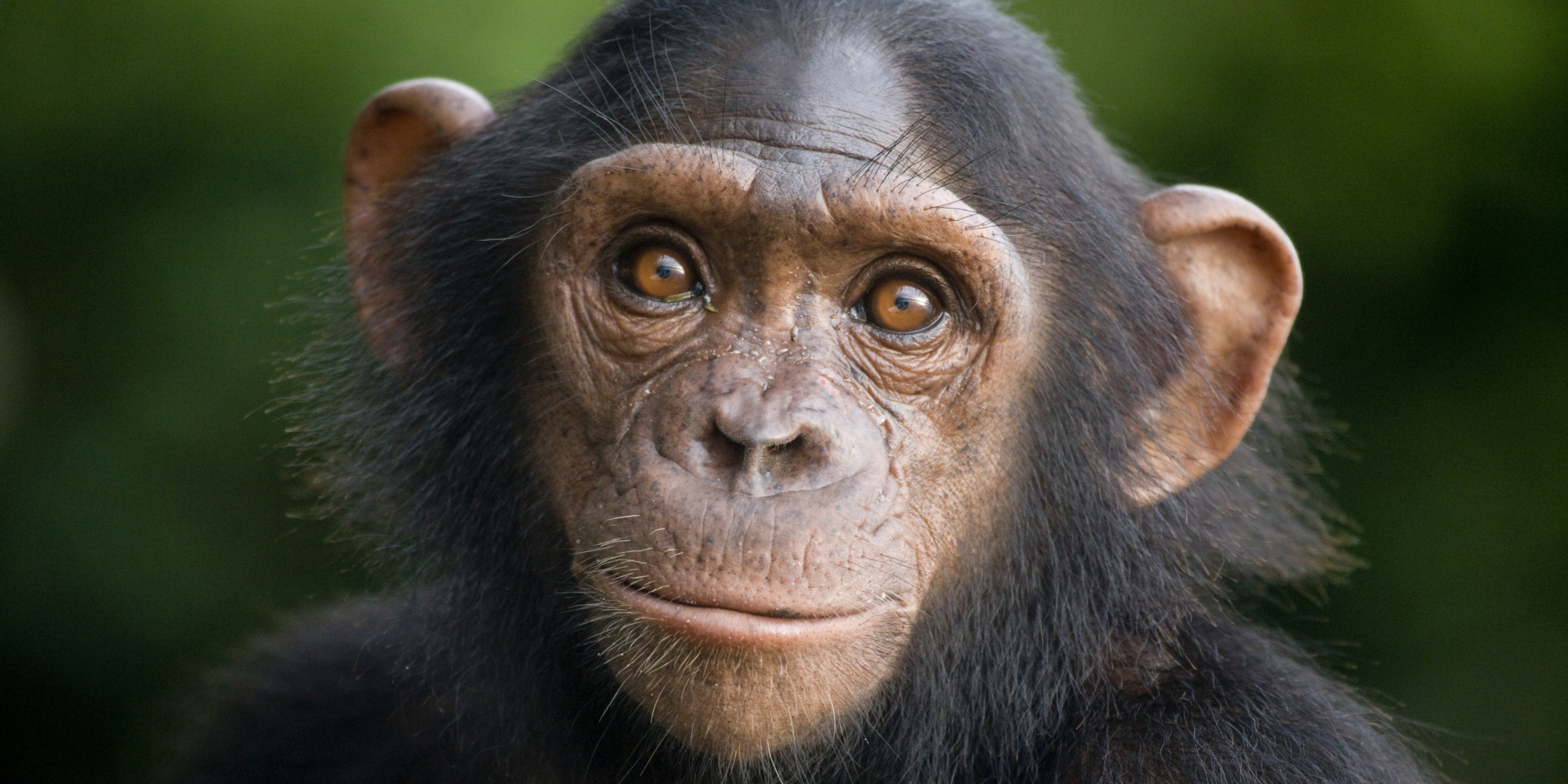

Messages found on the dealer’s mobile phone revealed that the chimpanzee had died, still hidden in the crate in transit at Istanbul airport. The chimp shown in this video, however, never made it. The shipment was made from West Africa and destined for Nepal. Here, this baby chimpanzee was hidden below animals including parrots, civet cats and mongoose which have less protection in international law. Main international routes for illegal trafficking of great apesĪ video sent to the BBC’s undercover team by a dealer in West Africa shows how chimps and other endangered animals are smuggled in secret compartments in specially-designed crates. For example, the animals need to have been bred in captivity (which is not known to happen in West Africa) and exporting and importing organisations need to be registered with Cites. Under the convention, chimpanzees, which are awarded the highest level of protection (a listing under what is known as Appendix 1), can only be exported under a very limited number of exemptions. Trading of endangered wild animals and plants is tightly controlled under the Cites agreement - the Convention on International Trade in Endangered Species of Wild Fauna and Flora - which aims to protect all wildlife under threat. The illegal trade in great apes is made possible by the determination of the smugglers and the ease with which international laws on buying and selling endangered species can be evaded.

Although it is unknown how many smuggled apes reach their destinations undetected, the BBC’s investigation suggests the total is almost certain to be higher than previously thought. A quarter of those apes rescued were chimps. Some 1,800 apes were seized by authorities in 23 countries while being trafficked between 20, according to the Great Ape Survival Partnership, an alliance of more than 100 governments and other organisations. There are no more than 65,000 left and probably far fewer. Western chimpanzees, like the one freed in Abidjan, are judged to be especially vulnerable, so are categorised as critically endangered. About two thirds of the apes lost are chimpanzees - an endangered species. They are either sold, killed during the hunt or die in captivity. This revelation provides new insight into the potential scale of loss suffered by great apes, including chimpanzees.Īn estimated 3,000 great apes, including orangutans, gorillas and chimpanzees, are lost from the wild every year as a result of illegal trade, according to the UN Environment Programme. Understood to be in West Africa, no-one knew which country it might be in, let alone which city, until our research led police to it. The discovery was not only a moment of liberation for the little animal, but also a crucial turning point in a long search by wildlife campaigners to track down a notorious “blue room”, known to be used as a holding pen by traffickers and constantly restocked.įor years, when dealers had circulated videos showing captive baby chimpanzees ready for sale, the same distinctive blue tiles were visible. Inside it, they found a tiny chimp cowering in a wooden crate. Posing as prospective buyers, undercover reporters confirmed the infant chimp was at the property before alerting Interpol and local police who were waiting nearby.ĭuring the police operation, a small room about the size of a shower cubicle was discovered, decorated with small blue tiles.

But it was rescued en route as a result of our research - leading Interpol officials and Ivorian detectives to expose a major trafficking ring.Īfter months of work building relationships with dealers across a number of countries, our team tracked down the smuggling ringleaders to a house in Abidjan. The baby chimp discovered by the BBC had been bought from a poacher, according to one account, for 300 Euros (£257). That for me is just impossible to accept.” “They get locked in some cage and maybe even killed in some cases because they have outlived their useful pet stage. “They still have 90% of their life ahead of them,” he said. Karl Ammann, a Swiss wildlife activist who campaigns against chimp trafficking, describes it as a “kind of slavery” and warns that when chimps cease being cute infants, they face a terrible fate. And while they may be well looked-after while they are young, chimpanzees soon become too strong and potentially violent to be kept in a home. The animals are in high demand in the Gulf states, south-east Asia and China, with buyers prepared to pay high prices and additional fees to help bypass international controls. Once captured, these baby chimps then enter a sophisticated chain that stretches from the poachers in the jungles to middlemen, who arrange false export permits and transport, and ultimately to the buyers.


 0 kommentar(er)
0 kommentar(er)
